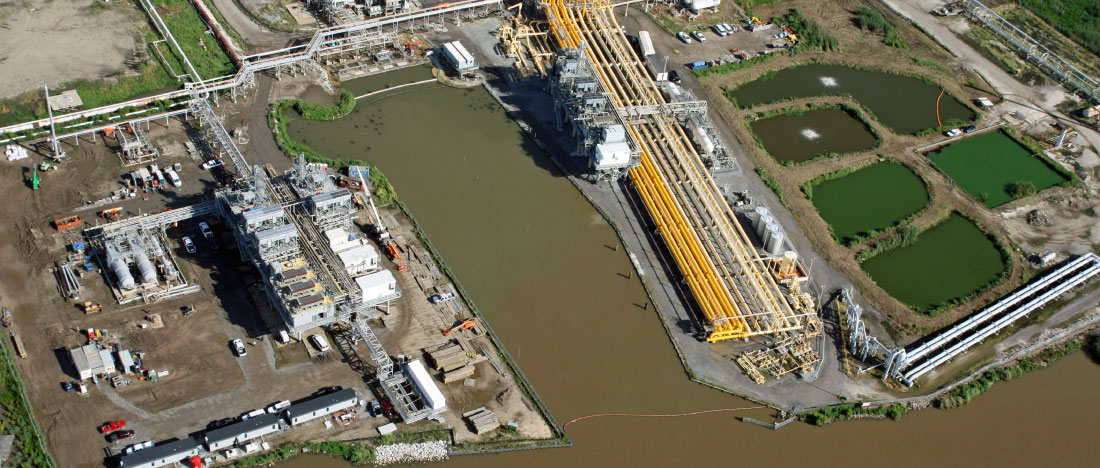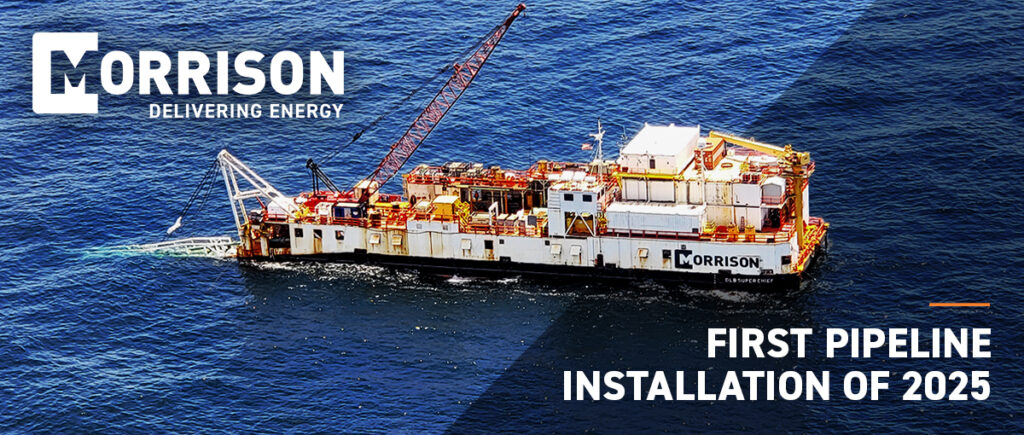 May 9, 2017
May 9, 2017
Finding the Right Pipeline Contractor for the Coastal Environment
With all the attention and controversy swirling around coastal area infrastructure developments these days, it’s more important now than ever to have a skilled pipeline contractor help design and execute projects that minimize and mitigate environmental impacts. Different regions of the country have their own unique features and challenges. The Gulf Coast area spanning from Texas to Alabama, for example, includes vast swaths of marshland, rivers, canals and other challenging terrain. Navigating these landscapes successfully requires both knowledge of the local environment as well as a variety of specialized resources. Anyone can guide you up a mountain, but if you’re climbing Everest, you need a local Sherpa who’s been doing it his whole life.
In the early planning phase for work in a coastal environment, start with the end in mind. Pairing up with an experienced contractor during the initial design stages allows for project engineering to be developed based upon the availability of specific equipment. In other words, planning for the proper match up of equipment to perform the project can be key to smooth and timely execution. Likewise, a pipeline contractor who understands the local environment can provide creative solutions early on to avoid certain hazards and to minimize the project’s footprint in sensitive areas. This knowledge also makes it easier to adjust if circumstances change or additional support is needed.
One example: for a condensate stabilizer expansion project off the coast of Louisiana, Chet Morrison Contractors prefabbed 36” x 600’ barrels and delivered these barrels to the facility via barge and roller system. By utilizing the waterways rather than the roadways, longer sections could be prefabricated. Not only did this solution minimize the amount of people working at heights, but it also reduced field construction time in an uncontrolled environment.
Coastal projects also benefit from specialized equipment, especially where shallow water or marshland is involved. Look for a contractor who owns and operates a variety of vessels that can be used in these coastal areas. Accessing a remote site via water is not only more cost effective than establishing or maintaining road transportation, it also has far less impact on the natural environment. And when you need work to happen 24/7? A properly outfitted barge with crew quarters can make that possible, even in remote areas.
Water-based options for access are especially useful when the only alternative is to build a new road, usually crossing multiple private properties. Maintaining roads, infrastructure and facilities in coastal environments is a notoriously difficult process that outside experts struggle to cope with.
Coastal and marsh areas require a specific level of expertise. Accounting for tides, varying river currents, changing environmental regulations and protocols – is far more complex than traditional land-based construction work. Our crews are specially trained and experienced at working in these environments. Whether it’s along the Texas Gulf Coast or in the Mississippi delta, local crews know how to operate in coastal environments better than anyone.
With many of the marine terminal projects and LNG facilities currently underway or planned for the future, a primary challenge is operating in a variety of environments. Processing facilities must be connected with pipelines and terminals, encompassing solid land, shallow water and everything in between. Most contractors are built for one or the other, but the ideal choice for these coastal infrastructure projects, is a contractor with experience in both marine and land environments. Negotiating that range of environments – especially for a single project — requires flexibility, creative problem solving, and a deep knowledge of the local area’s unique challenges.




